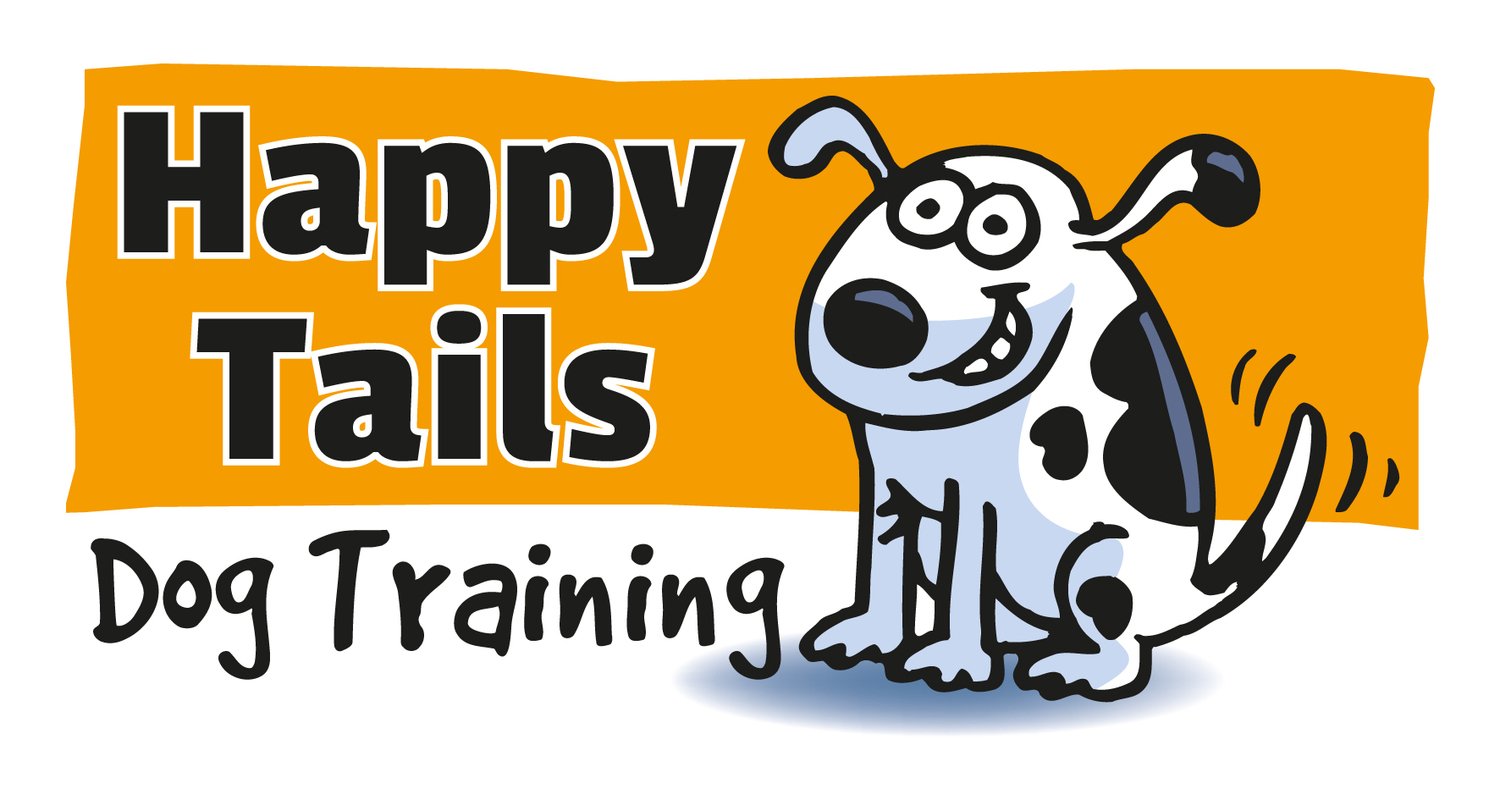How to socialise your puppy before vaccinations are completed
/Taking my puppy Buzz to a cafe
While Parvovirus is a risk to your puppy, you can still find ways to socialise your puppy safely, even before vaccinations are completed. Your puppy doesn’t need to walk on the ground to get the vital socialisation. Here are just some examples:
Out and about
If your puppy is not too heavy, carry her to a café or into shops that allow dogs
Take your puppy for a drive in the car. Park in various places, e.g. busy supermarket car parks, Takeaways car parks, in front of a school at break time, at a marina, watch some farm animals, or get some food from a drive through etc. Wind down the window and let your puppy take in the sights, sounds, and smells from a safe place.
Buy or borrow a baby stroller and take your puppy on short outings.
Use a shopping cart in approved places such as local pet shops, Bunnings, or Spotlight (ask staff at counter first). Put some soft and moisture-proof blankets in the bottom and bring some baby wipes to clean up any possible accidents and the trolley after use.
Attend a safe puppy class run by a trainer experienced in dog behaviour using force-free methods
At home
My puppy Buzz in a stroller
Play a variety of sounds to your puppy. You can get free apps or use things you can find around the home.
Dress up in various outfits including hats, glasses, wigs, different shoes, rain coat, back pack, crutches, etc.
Let your puppy see things such as an open umbrella, a bike, a stroller, a gym ball, - items you have at home or you can borrow from family and friends – even better, have a family member or friend come over with them.
Let your puppy smell a variety of odours, but watch out for toxic substances.
Have fun with your puppy interacting with novel or unstable surfaces - something as simple as half a tennis ball taped to the bottom of a piece of plywood or yoga block, a couch cushion, etc.
Let your puppy experience different types of surfaces by walking over e.g. tiles, gravel, bark, a sheet of corrugated iron, a rubber mat, a door mat, a grate, a flattened cardboard box, a bunch of pool noodles, etc.
Have people visit you and invite family or friends over
Have visits from social, friendly, and fully vaccinated dogs or take your puppy to visit them if there’s a safe enclosed area for them to interact. Keep it short and make sure interactions are positive.
Puppy safety
Make sure your puppy is safely contained by securing or holding on to her harness or putting your puppy’s crate into the trolley or stroller (if it fits safely).
Remember it’s not just exposure to new experiences but making they are positive and enjoyable. Be ready to give your puppy treats or a yummy chewie.
Always keep it safe so your puppy so your puppy doesn’t get a fright.
Taking my puppy Buzz for an outing at Bunnings
Why is early puppy socialisation important?
The sensitive period for socialisation in puppies is from 3 weeks until about 12 or 14 weeks – it’s a crucial time in a puppy’s development because their brains are especially receptive to learning about the world they will live in as they get older. Essentially it means that puppies have to encounter and be comfortable with all of the things you want them to accept gracefully as adults - all kinds of people, other dogs, other animals, noises, surfaces, sights, and smells etc.
That’s why it’s so important to get a puppy from a responsible breeder or rescue where the puppy is raised in a home environment and getting socialisation already. It also means you have to continue socialisation especially during those first few weeks after you take your new puppy home but also ongoing.
Sometimes people want to wait until their puppy has had all its vaccinations before beginning socialisation, but unfortunately it means they miss this important period.
Once puppies reach around 4 to 6 months, their ability to easily accept new experiences begins to wane. If they have not been well socialised by that time, there is a much greater risk of developing all sorts of behavioural problems stemming from fear - aggression, agoraphobia, reactivity towards certain people, animals, or situations, etc. Teaching your puppy now that the world is safe will help prevent behaviour problems in the future. Sadly, the leading cause of death of young dogs is euthanasia due to behaviour problems, rather than infectious diseases.
Why do vets advise against taking your puppy out before vaccinations are completed?
Many vets advise strongly against taking your puppy out until all vaccinations are completed, which is usually around 16 weeks. This is mainly to prevent exposure to Parvovirus.
Parvovirus and other infectious diseases are a risk factor until your puppy had all the vaccinations. Parvovirus can be transmitted by any person, animal or object that comes in contact with an infected dog's faeces. Parvovirus is so contagious, and so hardy, it can survive in the environment for a year or more and be carried on to a property on shoes or car tyres or caught from objects such as bowls and bedding. It could also be caught from the street, especially in urban areas where there were lots of dogs.
However, your puppy doesn’t need to walk on the ground to get the vital socialisation. Make sure you try some of these safe socialisation techniques listed in this blog to ensure your puppy grows into a confident and resilient adult dog.




